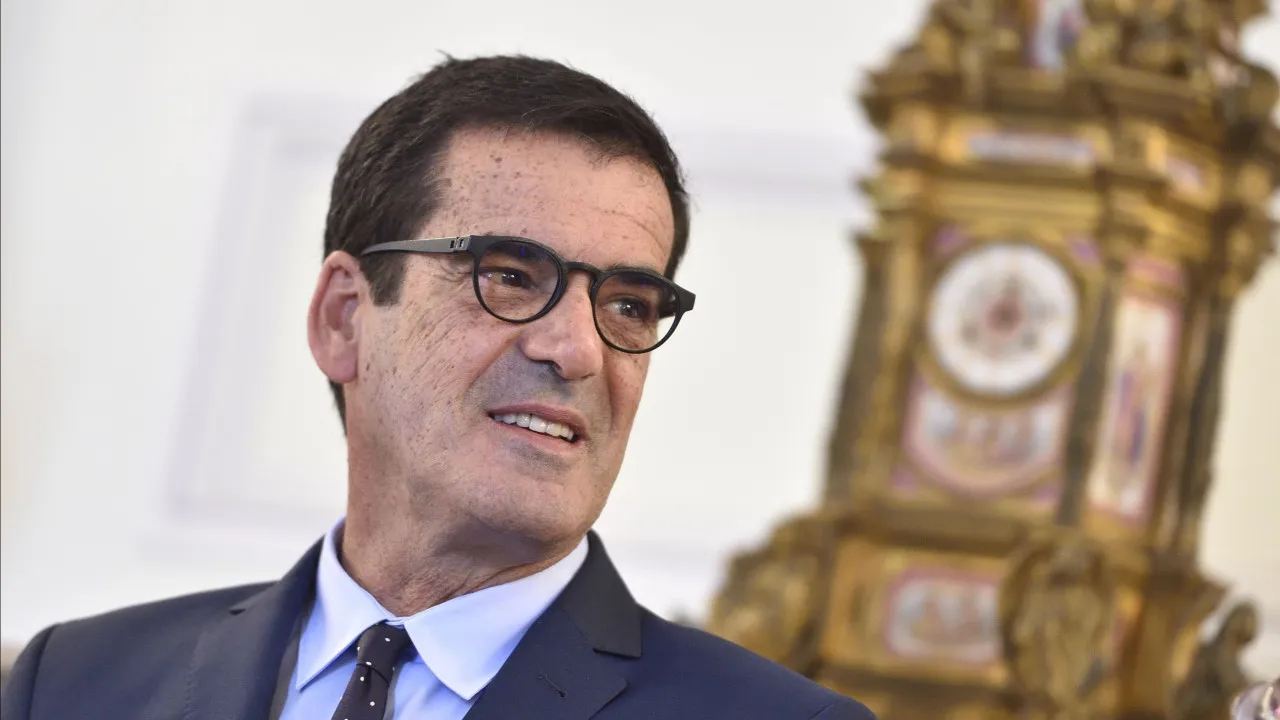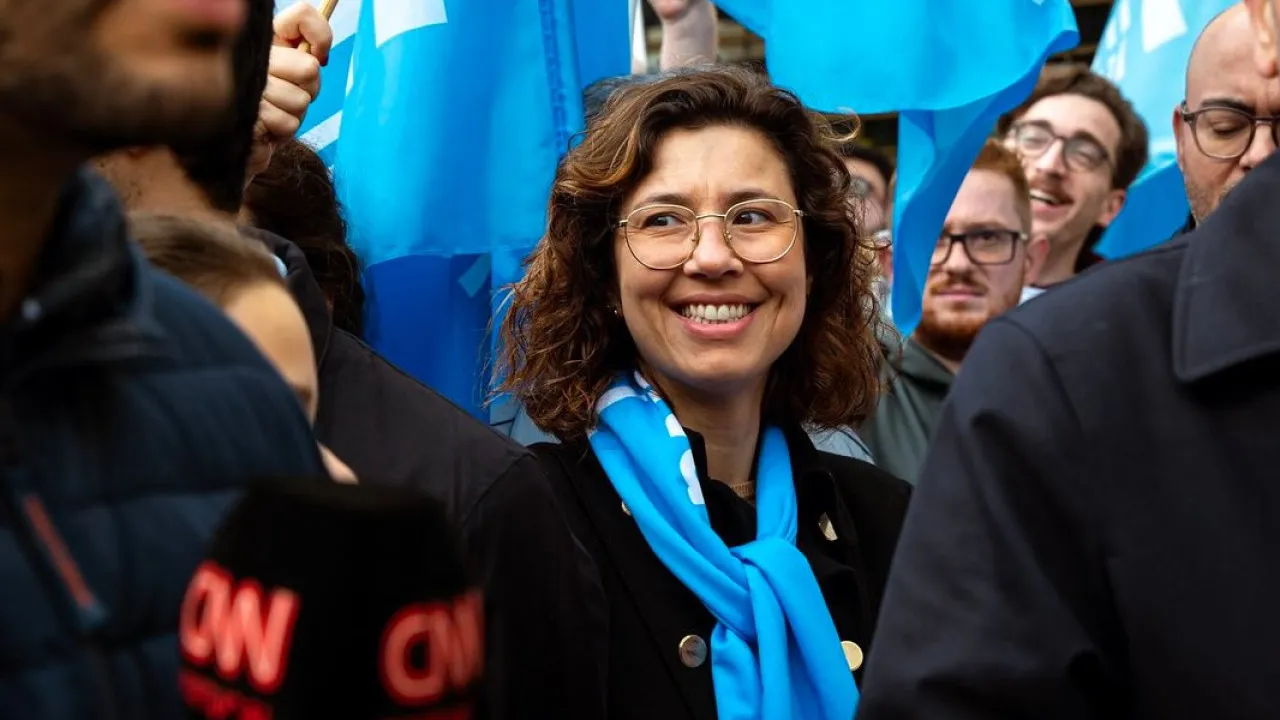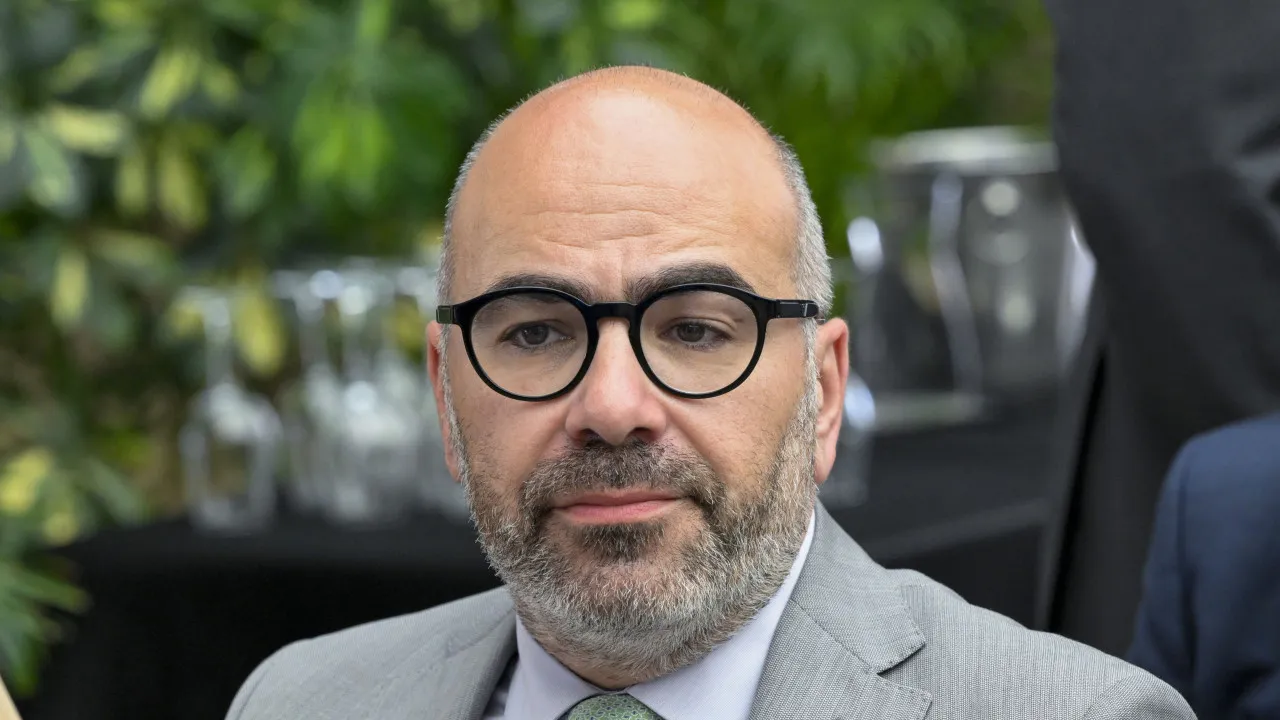
Nicolau Santos spoke at the parliamentary committee on Culture, Communication, Youth, and Sports, following the resignation of the television’s information management and the company’s reorganization, requested by Livre and PS.
The first phase of the RTP’s voluntary departure plan, which had been approved, was completed on June 30.
In this phase, 97 people left, according to information released on June 24 by RTP.
“We requested an extension for an additional 41 workers who wanted to join the voluntary departure plan, but we no longer have financial approval or availability,” he said.
The costs “would now be around 2.4 million euros,” Nicolau Santos continued.
The president of RTP highlighted that the administration has worked “very closely with the oversight,” particularly the financial administrator, Sónia Alegre, especially to resolve the capital increase issue and to review the Audiovisual Contribution (CAV).
On the other hand, “we have already made some proposals […] so that some public service missions assigned to RTP today” can be “supported by other sources of funding besides the Audiovisual Contribution or RTP’s own budget,” the manager pointed out.
Nicolau Santos repeatedly stated that RTP3 was not the reason for the dismissal of António José Teixeira as the television information director of RTP.
“Regarding RTP3, I insist it was not the reason for the dismissal. There was a wide range, […] it was necessary to make changes, a new impetus, a new direction, a new interest in certain areas,” he emphasized.
Regarding the criticism that by reducing the number of directors, RTP created super directorates, Nicolau Santos recalled that the company was previously criticized for having too many directors.
“I think we had too many directors,” highlighting that, considering the financial costs, it made sense to reduce the number of managerial positions.
The new organization of RTP now has 23 directors, compared to the previous 30 directors and deputy directors.




